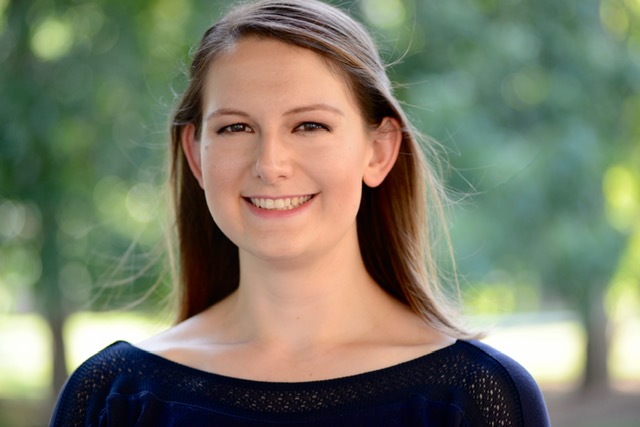We are happy to announce the two winners of this year’s Dissertation Fellowships, Ben Duinker and Leah Frederick.

Photo by Will van Wingerden
Ben Duinker
McGill University
Adviser: Nicole Biamonte

Bio
Ben Duinker is currently pursuing a PhD in Music Theory at McGill University, where his dissertation focuses on metric and rhythmic aspects of hip-hop flow. He has published articles in the journals Empirical Musicology Review, Music Theory Online, and Popular Music, and in a collected edition of writings on the music of Iannis Xenakis.
“Diversification and Post-Regionalism in North American Hip-Hop Flow”
Abstract
My dissertation focuses on musical aspects of flow (the rapped delivery of lyrics) in North American hip-hop music. Specifically, my research investigates how flow practices have stylistically evolved in connection to hip-hop music’s transition from a regional genre with identifiable local styles to a more stylistically homogenous national genre. I transcribe and analyze a corpus of 160 songs and tracked large-scale changes in flow styles over time such as syllabic density, rhyme placement, and rhyme type. Based on this work I generate a comprehensive theory of segmentation, phrasing, and meter for hip-hop music. I also develop a classification system for hip-hop flow that enables comparative judgements between flow performances based on a number of fundamental properties, including tempo, performance rhetoric, and historical era. Finally, I develop a tripartite theory of microrhythmic flow practices, each with specific functional, rhetorical, and social purposes.
Leah Frederick
Indiana University
Adviser: Julian Hook

Bio
Leah Frederick is a Ph.D. Candidate at the Indiana University Jacobs School of Music specializing in mathematical approaches to the study of voice leading. Her work on generic voice-leading spaces was recently published in the Journal of Music Theory. Leah is also an active violist, and her writing on the viola repertoire appears in the Journal of the American Viola Society. She holds bachelor’s degrees in both Mathematics and Viola Performance from Penn State University, and currently teaches at Oberlin College & Conservatory.
“Generic (Mod-7) Geometric and Transformational Approaches to Voice Leading in Tonal Music”
Abstract
My dissertation employs mathematical techniques to capture the familiar voice-leading relationships associated with diatonic harmony. This work combines diatonic set theory with geometric and transformational approaches by reconstructing these two methodologies using the mod-7 diatonic step rather than the mod-12 semitone. Since these mod-7 spaces are constructed from “generic” pitch space, they can also represent chromatic sonorities, allowing for the study of the interaction between diatonicism and chromaticism, enharmonic equivalence, and other aspects of tonal music.
